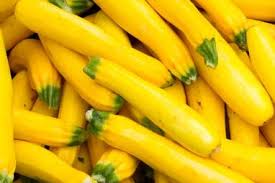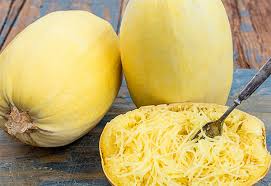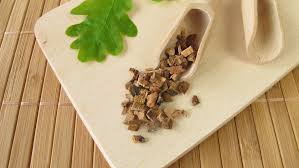Content of the Article
With its vibrant color and delicious taste, acorn squash is a healthy source of carbohydrates. It attracts attention not only with its taste, but also with its nutritional content.
It is a kind of winter squash belonging to cucurbits. With shell color that can change from dark green to white Acorn has a similar shape. It has yellow-orange flesh.
It grows in many countries around the world but is particularly popular in North America. Botanically classified as a fruit, zucchini and pumpkin varietiesIt is considered a starchy vegetable. Potato, pumpkin ve sweet potato It is used similarly to other high-carbohydrate vegetables such as.

Nutritional value of acorn squash
One cup (205 grams) of cooked acorn squash Its nutrient content is as follows:
- Calories: 115
- Carbs: 30 grams
- Protein: 2 grams
- Fiber: 9 grams
- Provitamin A: 18% of the Daily Value (DV)
- Vitamin C: 37% of the DV
- Vitamin B1: 23% of the DV
- Vitamin B6: 20% of the DV
- Vitamin B9: 10% of the DV
- Iron: 11% of the DV
- Magnesium: 22% of the DV
- Potassium: 26% of the DV
- Manganese: 25% of the DV
What are the benefits of acorn squash?
Packed with important nutrients
- Acorn squash is a highly nutritious source of carbohydrates. It is rich in many vitamins and minerals.
- Its bright orange flesh contains vitamin C, which is critical for health. provitamin AB vitamins, potassium, magnesium, iron ve manganese packed with.
It is a good source of antioxidants
- Acorn squash, It is a source of antioxidants, compounds that protect against cellular damage.
- It is particularly rich in plant pigments called carotenoids, which have powerful antioxidant effects.
Good for digestion
- This variety of zucchini provides both soluble and insoluble fiber. Although they have different functions in our body, both have important roles in digestive health.
- The fibers add volume by softening the stool, so prevents constipation and supports regular bowel movements.
Protects against some diseases
- Acorn squash protects against atherosclerosis. It helps prevent neurodegenerative diseases such as Alzheimer's disease, extending overall lifespan.
Strengthens the immune system
- Acorn squash provides large amounts of vitamin C, also known as ascorbic acid.
- Vitamin C is known to benefit the body in many ways, especially due to its immune-boosting power.
- It helps fight cold and flu.
Lowers high blood pressure
- Acorn squash is one of the top 10 foods rich in potassium, which is essential for maintaining normal blood pressure levels.
- A diet rich in potassium significantly regulates blood pressure, especially when consumed with foods low in sodium.
Fighting cancer
- Like many foods high in antioxidants, it is a cancer-fighting nutrient that helps reduce the risk of certain cancers.
- This squash is also known to protect against neurotoxicity, a natural or chemical toxicity that can sometimes lead to permanent nervous system damage.
Improves the appearance of the skin
- Eating this squash regularly has a significant effect on skin health. Vitamin C supports collagen production, which helps keep skin radiant and smoothes wrinkles.
- The potassium contained in it treats fluid retention, which is common in high-sodium lifestyles. cellulite It is known to reduce its appearance.
Supports prostate health
- In addition to its overall anti-inflammatory and antioxidant properties, acorn squash helps reduce symptoms and improve quality of life in men with benign prostatic hyperplasia, also known as BPH or prostate enlargement.
- Preliminary research shows that consumption of zucchini increases urinary tract flow and reduces swelling of the prostate gland in BPH.
Reduces the risk of metabolic syndrome
- Metabolic syndrome is a set of conditions that are considered risk factors for heart disease, diabetes, and stroke.
- These conditions increase the risk of heart disease, diabetes, and stroke.
- Acorn squash, which is among the high-fiber foods, reduces the risk of metabolic syndrome by supporting healthy digestion and efficient absorption of nutrients.
What are the harms of acorn squash?
- There are some people with winter squash allergies who should avoid acorn squash.
- Another common reaction to zucchini is mild irritant contact dermatitis, which is inflammation and swelling of the skin caused by handling this vegetable with bare hands.
- It's more common with other types of squash, but if you notice your skin itching, red, or swollen when handling acorn squash, wear gloves.
References: 1










